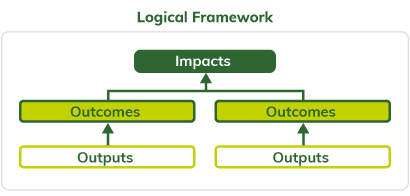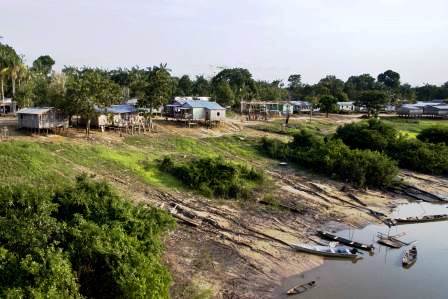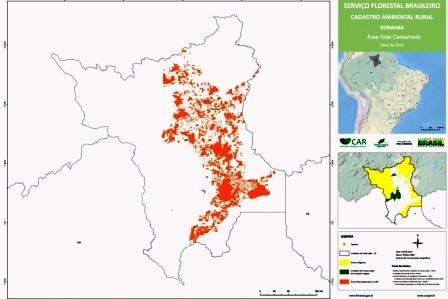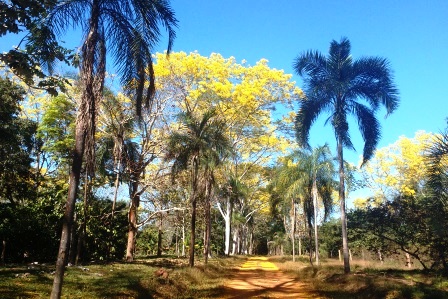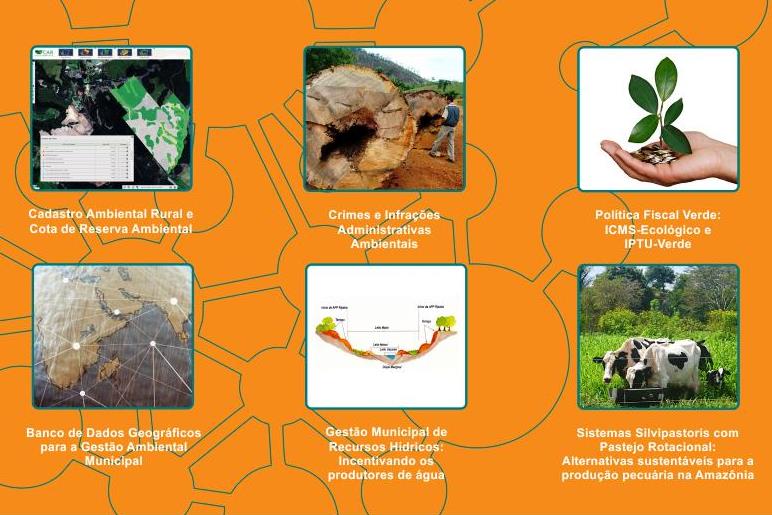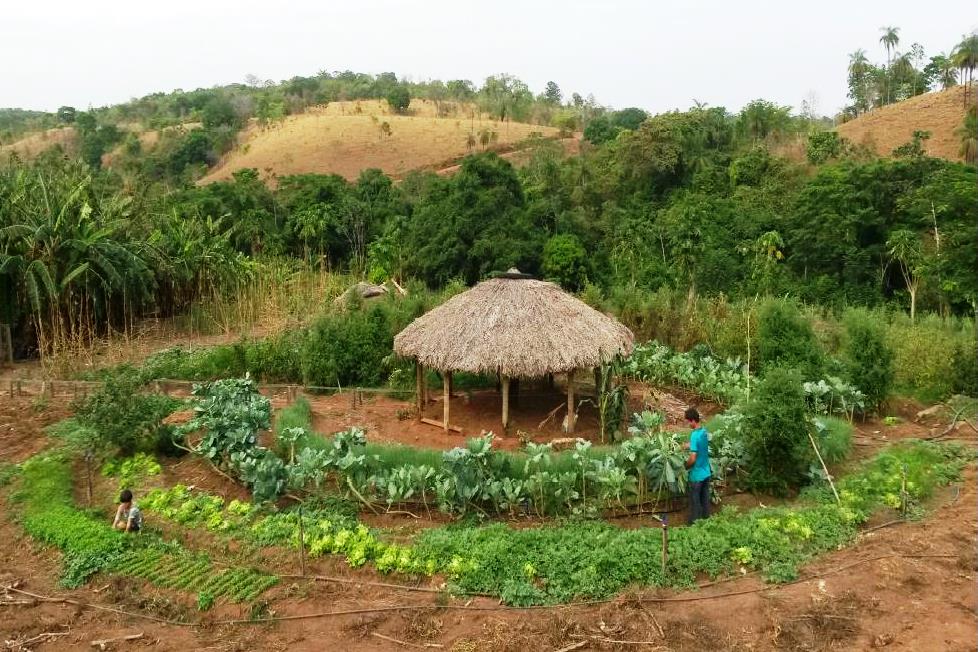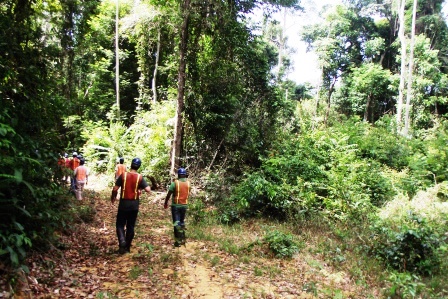ACTIVITIES CONDUCTED
Ten workshops were held to prepare projects and disseminate the bid notice, which involved 395 participants from 265 organizations, distributed in 92 municipalities in the states of Maranhão, Mato Grosso and Tocantins. Subsequently, the selection process was carried out, which culminated in the selection of 32 projects.
Considering the large number and quality of the projects received, ISPN requested the Amazon Fund to increase the value of the notice, thus reducing the number of public calls planned. As a result, the amount of resources available for the bid notice totaled R$6,450,000.00.
See here the selections for Small and Consolidation Projects
For the selection process of strategic projects, a participatory organizational diagnostic tool was applied to the five organizations with consultation letters pre-selected by the PPP-ECOS CGN.
See here the shortlist for Strategic Projects
In addition to activities directly related to the projects, ISPN participates in the construction and monitoring of public policies under discussion in the National Congress and with the federal government, which directly affect community organizations, such as: the maintenance and operation of the National Council of Traditional Peoples and Communities (CNPCT); the impacts of Provisional Measure No. 910/2019 by the federal government and the service of family farmers and people from forests and waters, extractivists, fishermen and traditional populations in the context of the health emergency installed in the country.
Consultancies were hired to carry out research on sanitary standards and good food manufacturing practices for family, artisanal and community establishments. Information on health standards is being made available on the website https://agroindustria.org.br. The platform will also provide sanitary regularization courses for projects in the chestnut, fish, açaí, cassava, fruit, honey chains, etc.
We also advised the projects on how to obtain the environmental license or its waiver, and how to register with SISNAMA (federal and state).
Audiovisual content was produced (videos, cards, audios, etc) that relates the PPP-ECOS to the supported productive chains, besides disseminating relevant information about public policies that directly affect these chains. One of the strategies adopted, as part of the construction of the PPP-ECOS identity, was the production of a series of videos aimed at helping community organizations in the development of eco-social projects. Click here to check out the first episode of the series. An initial product developed in association with public policies are the cards on the new Law 13,680 (2018) that institutes the "Art Seal" to stimulate the production and regularization of artisanal food products of animal origin. This law is essential to distinguish artisanal products from family producers.
Aiming to strengthen social participation in instances related to public policies, ISPN sought to disseminate a policy to stimulate public procurement, especially through the National School Feeding Program (PNAE) under the National Fund for Development of Education (FNDE), in the territories in which the project operates.


